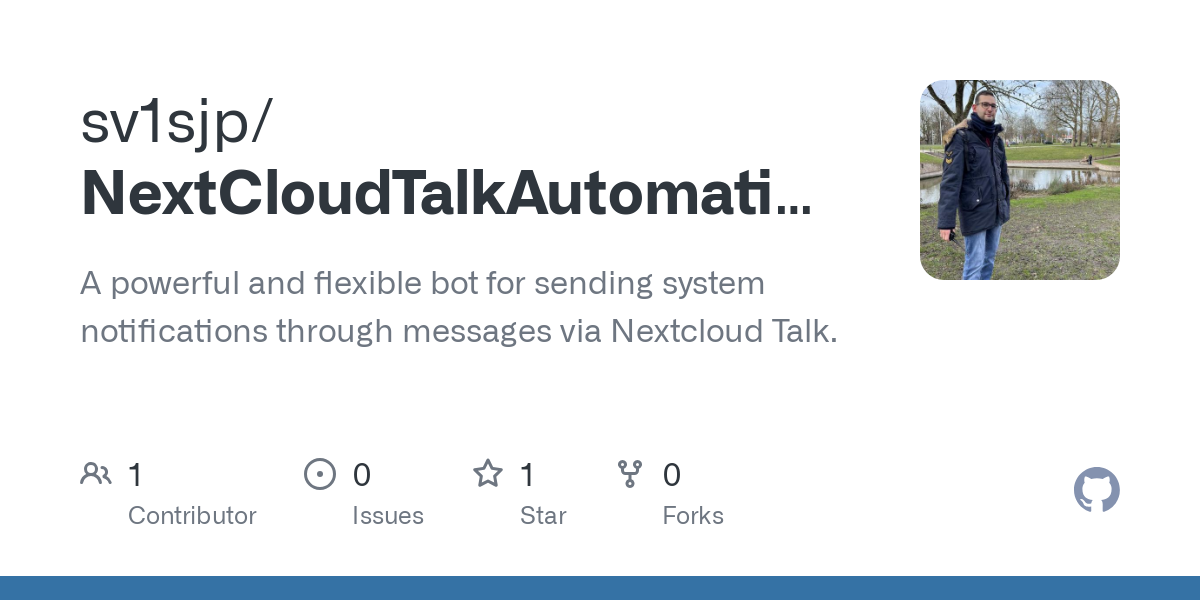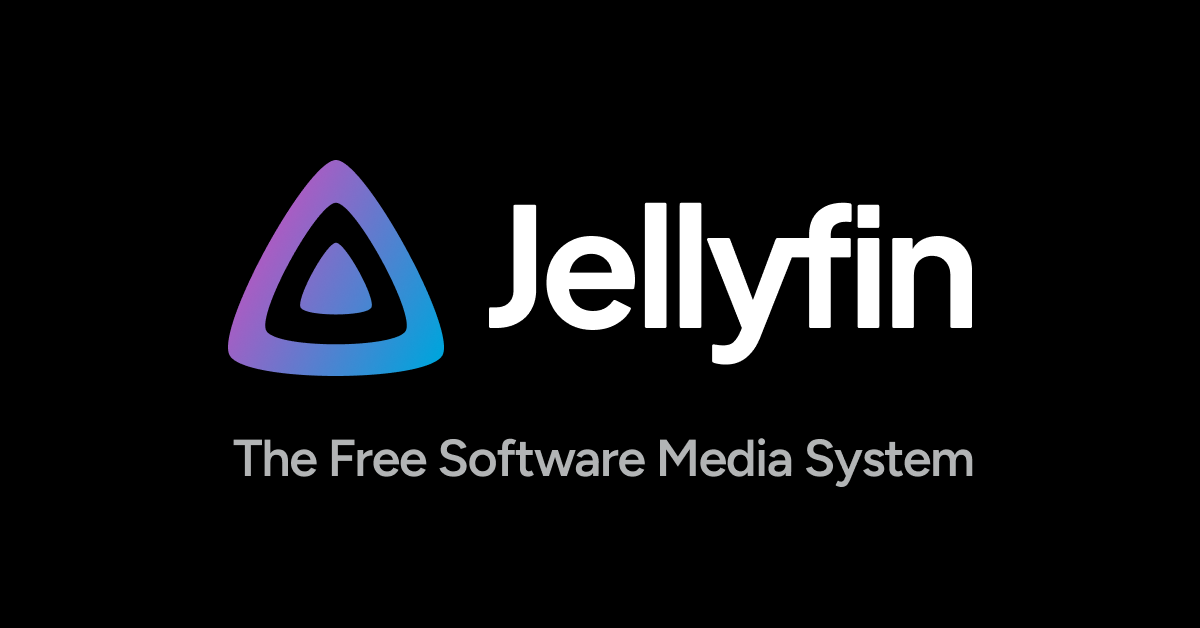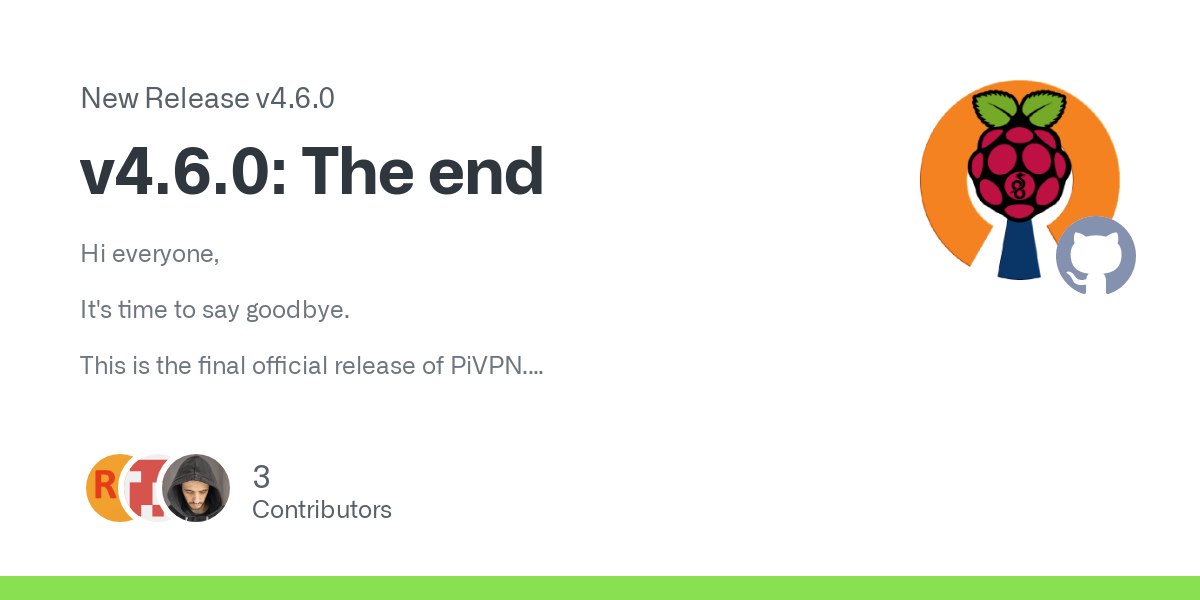

Well, as I am running my personal server for years, I wanted to test/understand more enterprise solutions except Debian/Ubuntu and especially solutions with SELinux. In the end if I face major issues I will setup Nextcloud to a VM. Thank you for your response






virtual hug